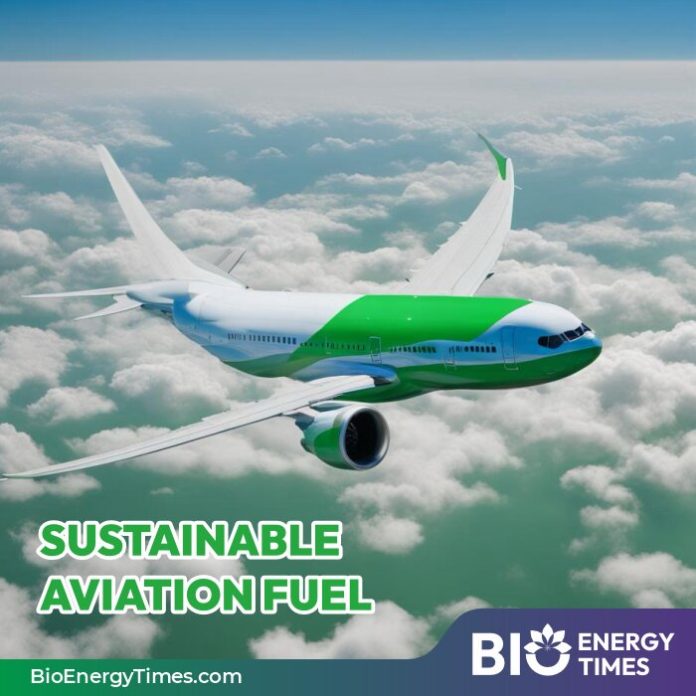Deputy Prime Minister Tran Hong Ha led a high-level meeting in Hanoi on May 20 to accelerate Vietnam’s development of sustainable aviation fuel (SAF) and prepare for participation in the International Civil Aviation Organization’s (ICAO) Carbon Offsetting and Reduction Scheme for International Aviation (CORSIA), reports Vietnam Investment Review.
The Deputy Prime Minister underscored the urgency of creating a national plan for SAF production and integration into international carbon reduction efforts. He said this strategy aims to both maintain the competitiveness of Vietnam’s aviation sector and fulfill the country’s commitments to cutting greenhouse gas emissions.
“Joining the ICAO’s CORSIA is not just about meeting international obligations — it’s also a chance for Vietnam’s aviation industry to boost its capabilities and raise its technical standards. SAF plays a vital role in building a greener, more sustainable economy,” he said.
During the meeting, officials from key ministries — including Agriculture and Environment, and Industry and Trade — joined representatives from airlines, airport service providers, and petroleum companies. They discussed how using SAF and participating in CORSIA could impact business performance and competitiveness. The conversation also covered Vietnam’s current and future demand for SAF, the ability of domestic companies to supply and produce it, and possible support policies to encourage SAF development.
Deputy PM Ha tasked the Civil Aviation Authority of Vietnam with preparing a detailed proposal for the Ministry of Construction, which will submit it to higher authorities for approval.
He also directed local petroleum producers and refiners to outline specific plans for SAF production — addressing technology, land use, taxation, financing, and market feasibility — to avoid overlaps and ensure effective implementation.
Vietnam Airports Corporation was instructed to work with fuel suppliers to evaluate and enhance storage systems, pipelines, and fueling facilities for SAF at major international airports.
The Ministry of Agriculture and Environment will lead efforts to create a legal framework for a carbon market, set up a carbon credit trading system, and develop emission measurement methods for the aviation sector that align with ICAO guidelines.
Meanwhile, the Ministry of Finance and the Ministry of Foreign Affairs will examine options for imposing fees on international flights departing from Vietnam. They will also consider tax incentives and financial support to boost domestic SAF production, as well as ways to limit the export of raw materials needed for SAF. These ministries will also engage with ICAO and the European Union to ensure that Vietnam’s standards align with global ones.
According to the Ministry of Construction, SAF is made from renewable sources like used cooking oil, animal fat, farm waste, and municipal solid waste. These fuels can reduce greenhouse gas emissions by up to 80% compared to conventional jet fuel. SAF can also be blended with standard jet fuel and used in existing aircraft without requiring changes to infrastructure.
Currently, Vietnamese airlines are complying with the European Union’s SAF rules for flights to Europe and are preparing to take part in CORSIA in line with ICAO’s roadmap.














